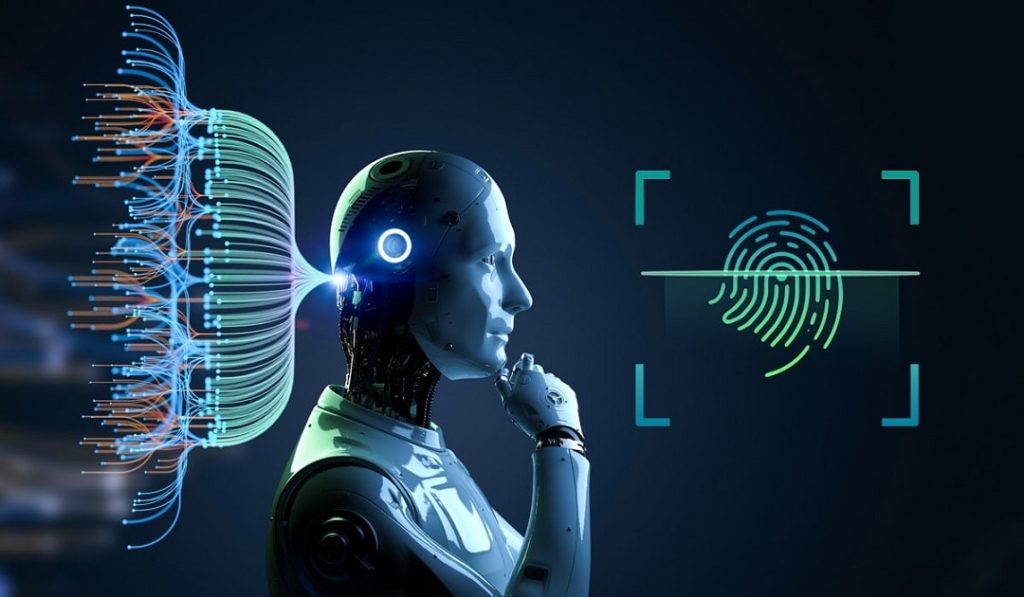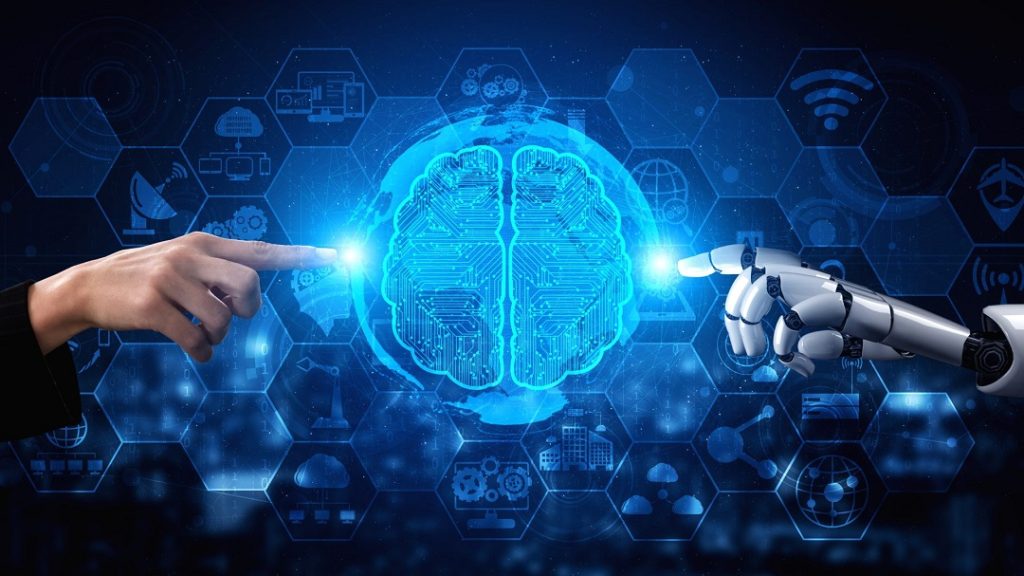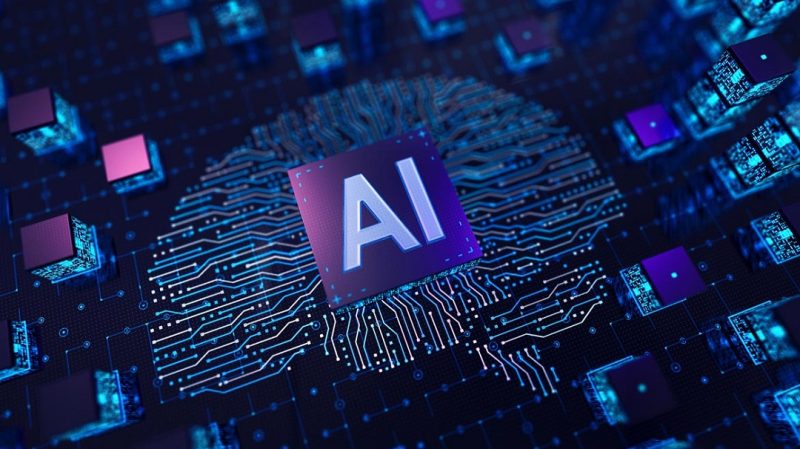Artificial intelligence (AI) is making our lives easier in many ways, from helping us talk to each other better to making our jobs more efficient. As AI gets even more advanced, there’s a big need for people who really understand it. A Diploma in Artificial Intelligence is a great way to learn about AI and become an expert. This article will talk about what this kind of diploma means for society, why it’s a good thing to get, and what you can do with it.
The Evolution of Artificial Intelligence
The idea of artificial intelligence is not new. The mid-1900s saw the emergence of the concept that machines could carry out jobs that required human intelligence. However, AI didn’t really start to transform several businesses until the 21st century. Artificial Intelligence (AI) has become a ubiquitous aspect of our daily life due to the significant progress made in machine learning, neural networks, and big data analytics.
Early Days of AI Timeline
When AI first started off, it was only capable of little tasks and was mostly employed in academic settings. Among the many difficulties the technology encountered were low processing power and insufficient data for algorithm training. But AI began to advance significantly with the introduction of the internet and the rapid expansion of data.
The Current Status Of Artificial Intelligence
AI is everywhere these days! It’s in self-driving cars that use fancy computer programs to navigate the road, and it’s in your phone with assistants like Siri and Alexa. Banks use AI to predict how the stock market will behave and catch sneaky financial crimes. Even hospitals use AI to help doctors find diseases! What makes AI so special is that it can crunch massive amounts of information, learn from it all, and come up with smart answers without needing much help from us.
The Importance of Artificial Intelligence
Artificial Intelligence is like a toolbox that equips you with the skills and knowledge to use AI effectively. It teaches you about different areas of AI, like how computers understand human language (natural language processing), how to build robots, and how machines learn on their own (machine learning and deep learning). With this diploma, you’ll be prepared to jump into the exciting world of AI and be part of the big changes happening right now!

Curriculum and Skills Acquired
A Diploma in Artificial Intelligence is like a college course that teaches you everything you need to know about AI. You’ll learn how AI works, how to build and use different AI tools, and how to solve real-world problems with AI. Here are some of the cool things you’ll learn:
- Coding languages: This is like learning a special language that lets you talk to computers and tell them what to do. Languages like Python, R, and Java are commonly used in AI.
- Data analysis: Imagine taking a giant pile of information and turning it into something useful. That’s data analysis! You’ll learn how to do this with AI tools.
- Machine learning: This is where computers learn on their own, like a super student! You’ll learn how to make machines learn from data.
- Deep learning: This is an advanced type of machine learning inspired by the human brain. It’s what lets computers do really amazing things.
Natural language processing: Have you ever talked to your phone? That’s NLP at work! You’ll learn how to build machines that understand human language.
Career Opportunities
Artificial Intelligence Skill can open a lot of doors for your future career! With AI being such a hot topic, there are more jobs available than ever before. Here are some of the cool things you could do with your diploma:
- AI Developer: Imagine being the one who builds the brains of robots or smart devices! That’s what an AI developer does.
- Data Scientist: Ever wondered what you can learn from mountains of data? Data scientists use AI tools to uncover hidden patterns and make predictions.
- Machine Learning Engineer: This is where you take machines and teach them to learn from data, just like a super student!
- NLP Specialist: Want to build a computer that can chat with you like a friend? NLP specialists make that happen!
- Robotics Engineer: This is for the robot lovers! You’ll get to design and program robots to do all sorts of amazing things.
Impact on Various Industries
AI has a significant and wide-ranging impact on many different businesses. Here, we look at how professionals can be empowered to promote efficiency and innovation in important industries with a diploma in artificial intelligence.
Healthcare
AI is transforming healthcare through better patient care, more accurate diagnoses, and more individualized treatment regimens. For example, AI-driven systems are able to evaluate medical images more accurately than human radiologists in order to identify anomalies like cancer. AI systems can also forecast patient outcomes using past data, allowing for more efficient treatment plans.
Finance
Artificial intelligence (AI) is utilized in the financial sector to manage risks, forecast market trends, and spot fraud. Real-time market data analysis and quick, profit-maximizing investment decisions are possible thanks to AI-powered trading systems. AI systems also have the ability to recognize anomalous transaction patterns, which helps financial institutions safeguard their clients and stop fraud.
Manufacturing
AI is streamlining production lines, enhancing quality assurance, and cutting down on downtime to revolutionize manufacturing operations. Robots and automation systems driven by AI are capable of carrying out repetitive operations with extreme accuracy and efficiency. By forecasting equipment breakdowns, predictive maintenance algorithms enable manufacturers to solve problems before they result in expensive downtime.
Retail
Artificial Intelligence is being used by the retail sector to improve consumer experiences and optimize processes. Recommendation engines powered by AI are able to assess consumer preferences and make recommendations for goods that are likely to be of interest. AI-driven chatbots also offer immediate customer service, answering questions and addressing problems in real time.
Education
Significant advancements in AI are also being made in the field of education. By adjusting to each student’s unique needs and learning preferences, intelligent tutoring systems can offer individualized learning experiences. Through the analysis of student performance data, AI algorithms can pinpoint areas in which students might benefit from more assistance, allowing for focused interventions that enhance learning outcomes.

The Future of AI and Its Ethical Implications
Artificial Intelligence prepares people not only for the technical challenges but also for the ethical landscape of AI. It is important to think about where it will go in the future and the ethical implications that come with it.
The Future Path of AI
AI has a bright future ahead of it, with developments in fields like quantum computing, sophisticated robots, and AI-driven scientific research. Specifically, quantum computing holds the potential to greatly enhance processing capacity, facilitating the creation of increasingly complex artificial intelligence models. AI will be progressively incorporated into our daily lives through advanced robotics, from driverless cars to smart home appliances. Scientific research in areas like medication development, climate change, and space exploration will advance thanks to AI-driven scientific discovery.
Ethical Considerations
As AI becomes more and more prevalent, ethical issues become critical. To make sure AI helps society as a whole, concerns including data privacy, algorithmic prejudice, and job displacement must be addressed. Graduates of an artificial intelligence diploma program will receive instruction on moral AI development and application, enabling them to create and apply AI solutions in an ethical manner.
Ensuring Data Privacy
Because AI systems rely so heavily on data, data security and privacy are important problems. It is essential to guarantee that personal data is secure and handled responsibly. To protect sensitive data, AI experts need to put strong security measures in place and follow strict data privacy standards.
Addressing Algorithmic Bias
When AI systems generate biased results as a result of skewed training data, this is known as algorithmic bias. Unfair treatment of particular groups or individuals may result from this. For AI systems to be just and equal, experts in AI must be watchful in spotting and eliminating biases in their models.
Mitigating Job Displacement
Even while AI has a lot of activities that it can automate, it also raises concerns about job displacement. The advantages of AI automation must be weighed against the need to upskill the labor force and provide new job possibilities. AI experts can contribute to the creation of AI technologies that enhance human labor rather than replace it.

Conclusion
Artificial intelligence programs have a significant and wide-ranging impact on our world. This credential equips people with the abilities and know-how to promote efficiency and innovation in a variety of businesses. The need for qualified AI specialists will only grow as the field develops, making a diploma in artificial intelligence a wise investment for anyone starting a career in this field.
Artificial intelligence has a bright future ahead of it, as technological breakthroughs are set to further revolutionize our way of life. To guarantee that the advantages of AI are distributed fairly, it is crucial to manage the ethical ramifications of the technology. People can shape a future in which artificial intelligence is a positive force by participating in the ongoing AI revolution and earning a diploma in the field.
Professionals in artificial intelligence play a more important role than ever in a world where technology is driving change. A diploma in artificial intelligence gives people the skills they need to positively influence society in addition to opening doors to interesting professional prospects. The future holds that realizing the full potential of this game-changing technology will depend critically on ethical AI practices and ongoing learning.

